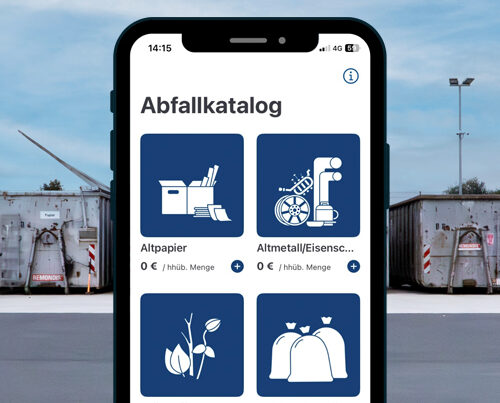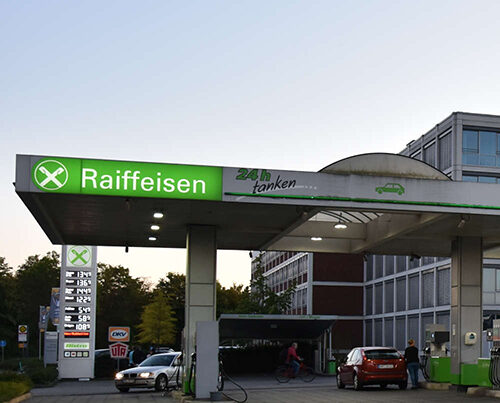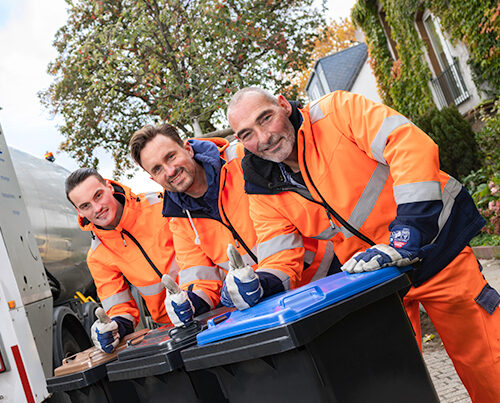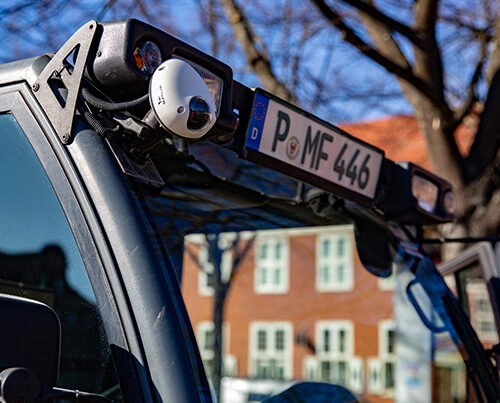The black bin is the wrong choice
German law stipulates that all batteries must be handed back when they are empty. The dustbin, however, would appear to be the route most people are choosing for their old lithium batteries. This can cause huge problems for the companies operating recycling and sorting facilities for residual waste and waste packaging. An ever-increasing number of fires are being caused by damaged lithium batteries. If the recycling plants are to be able to operate as they should, then it is vital that householders are made aware of their obligations. A deposit return scheme could be the answer here.
Retailers must take back old batteries free of charge
The number of everyday devices that need a battery is growing all the time. In Germany alone, the use of batteries in devices has risen by 22% since 2009. With old batteries – and especially damaged batteries – posing such a high risk, the Battery Ordinance has already set out in black and white that they may not be thrown into the residual waste bin. Retailers are obliged by law to take back old batteries free of charge – the size of the battery is irrelevant.
The use of batteries in devices has risen by 22% in Germany alone since 2009.
Very few people, however, would appear to be meeting their obligations here. At present, 46% of old batteries are actually returned – whereby Germany just manages to meet the EU-wide collection rate of 45%. This figure is not good enough, especially looking at the rapid rise in consumption rates. A whole number of batteries are not being recycled. Even more importantly, in this particular case, throwing batteries into the wrong bin puts both humans and the environment at risk. If further sorting plants are forced to stop operating because of fires, there is a real danger that Germany’s recycling sector will suffer a setback that could last for years. If the country no longer has the capacity to sort the volumes of waste generated, then the short-term solution will be to send it to incineration plants or landfills. The former does not have the capacity to handle such volumes, the latter is – quite rightly – forbidden in Germany.

Major fires are often caused by lithium batteries being thrown into the wrong bin

of old batteries are returned.
The solution: financial incentive via a deposit return scheme
No other collection scheme in Germany has been as successful as the deposit return scheme for PET bottles. The solution to the conundrum of how to keep batteries apart from the other waste streams is really quite obvious. Returning old lithium batteries to dedicated take-back points simultaneously solves both problems: the safety risks and the low recycling rates. Retailers can simply add a deposit to the sales price, which is then reimbursed when the consumer returns the battery. This can be tied in with the Battery Ordinance that already makes it obligatory to charge a deposit of €7.50 on car batteries.
Image credits: image 1: Adobe Stock: ekostsov; image 2: Adobe Stock: Birgit Reitz-Hofmann












